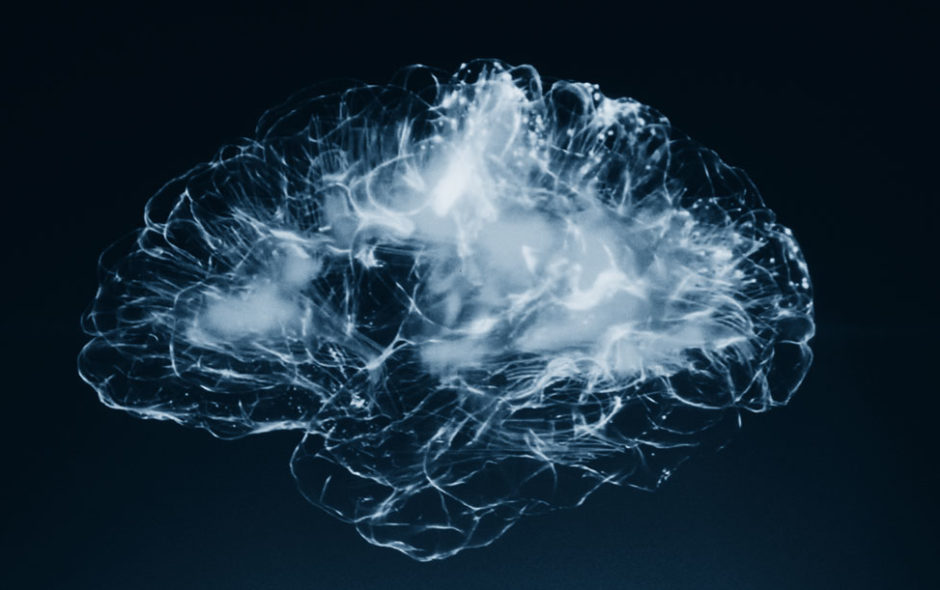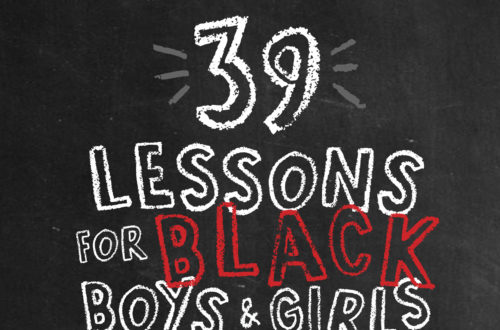Imagine the sun is shining, the sky is blue and you haven’t a care in the world. Not a single care. What I mean is: you don’t care — about anything. You’re unmotivated, unenthused, restless and easily agitated. If these feelings last for long periods of time, you might very well be depressed.
According to the American Psychiatric Association, depression is a serious medical illness that negatively affects how you feel, the way you think and how you act. It also has a negative connotation so to make it more palatable, let’s say you might be blue.
Being blue or having the blues is common and 80% of the people who suffer from it will recover completely after seeking help or remedy. The larger problem lies in seeking help. Many of us don’t. And by us, I mean people, but let me delve further and say that I’m particularly in this article talking about black people.
Black people, or African Americans, are least likely to seek help because of cultural beliefs born of stigmas. We are not largely open to acknowledging potential psychological issues and, as a result, we struggle in silence. I mean, who wants to be labeled as weak or crazy? It’s easier to smile to the public and dismiss any unexpressed feelings simply as being stressed, tired or in need of a vacation. This is isolating or masking the problem and will usually deepen and solidify the issue. In an effort to cope, some self-medicate through alcohol or drugs (prescripted and otherwise), which leads to greater and more widespread problems.
The truth is it’s okay to not be okay.
We as Black people endure a greater degree of debilitating stressors than our peers on the other side of the hue aisle. These stressors have become so commonplace among us that we may be unaware of how our minds are affected. Despite what some would regard as progress, racism continues to have a pervasive and negative effect on our mental health.
Historical adversity, race-based exclusion from health, educational, social and economic resources and modernized versions of the same have led to a mistrust of government and police. Misrepresentation in leadership translates into socioeconomic disparities. These disparities are linked to depression. Er… I mean the blues. People who are underemployed, homeless, incarcerated or have substance abuse problems are at higher risk for poor mental health.
If you’re a Black mom, dad, teenager or anyone who is the least bit socially aware, you can’t help but see the lack of equity in the workplace, at school or in society as a whole. It’s difficult to unlearn the implied lack of value that is placed on Black lives when you see yet another Black life snuffed out for no reason and covered up by the state. We seem to not be privileged enough to be taken into custody when confronted by police or treated with a deserved human dignity. That, in turn, can cement into feelings of unimportance or insignificance.
Many Black people are in a perpetual and constant state of PTSD (Post Traumatic Stress Syndrome) due to their own personal traumas as well as the injustice they witness.
In addition to societal mistreatment, the blues can be triggered by a number of factors including cognitive issues, biological causes, medication side effects, situations or events. And for some people, the blues can come for no apparent reason. Regardless of its causes, the good news is that it’s treatable. Of course, in order to fix something, one has to acknowledge that it’s broken first.
Some signs that you might have the blues include:
- Persistent sadness, anxiety or an empty mood
- Loss of interest or pleasure in activities once enjoyed
- Reduced appetite and weight loss or increased appetite and weight gain
- Feelings of guilt, worthlessness, hopelessness or despair
- Excessive sleeping or spending time in bed
- Inability to concentrate, remember things or make decisions.
- Constant fatigue or loss of energy
- Thoughts or fixations of death or suicide
As I stated earlier, depression is an illness, not a weakness. If you’ve been enduring any of the previous signs, don’t suffer alone. Seek out and talk to a doctor or a professional. Your problem may be minimal and simply require a shift in lifestyle or it may necessitate more intervention. There are varied forms of treatment available including but not limited to therapy, exercise, diet and medication. Regardless, seek help.
We can’t change society, but we can change our response to it.
Many of us spend time bettering our bodies through exercise. Our brain deserves the same, if not more, attention because it’s responsible for the whole of us.
Mind over matter. Your mind matters. Mind your mind.




